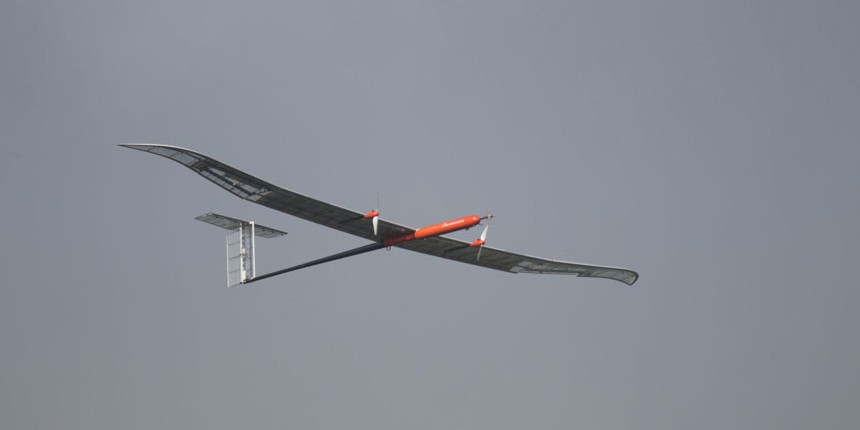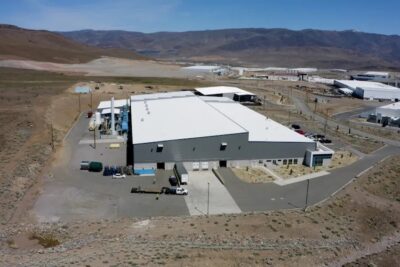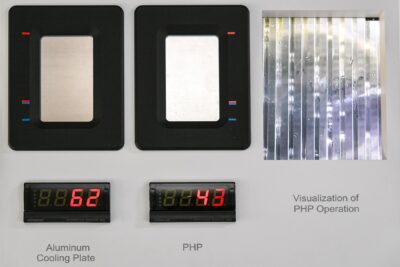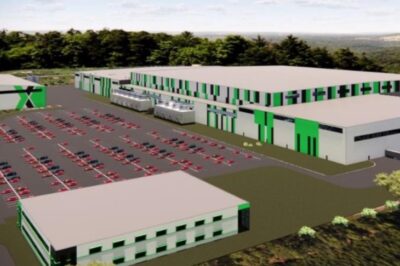LG Chem proves Li-sulfur battery stable in high flight
LG Chem of South Korea announces its newly developed lithium-sulfur batteries helped an unmanned aircraft (UAV) complete a test flight into the stratosphere. The drone with broad wings and solar cells also set a national altitude record.
The EAV-3, developed by the Korea Aerospace Research Institute, is a small electric aircraft capable of flying with solar energy and batteries over long periods at stratospheric altitudes of 12 km and above. The batteries help the plane stay airborne in the darkness of night, for example, while they charge with solar power from panels covering the 20-metre wings throughout the day.
LG Chem said that during the 13-hour test flight, the EAV-3 was able to stably operate for seven hours in the stratosphere at an altitude of between 12 and 22 kilometres. At 22 km height, the EAV-3 succeeded in setting a new domestic altitude record among UAVs. It also made LG Chem the first Korean company to conduct such a test with lithium-sulfur batteries.
The EAV-3 battery is made of lightweight material as the Li-S battery uses a sulfur-carbon composite for the anode and lithium metal for the cathode. Li-S batteries have higher energy density per weight than Li-ion batteries. LG estimates the advance is more than 1.5 times higher. So Li-S batteries could become a key component for long flight drones, and other personal air vehicles.
Against this backdrop, the flight test confirmed a stable charging performance of lithium-sulfur batteries, even in an extreme environment. The temperature was minus 70 degrees Celsius and atmospheric pressure was one-25th of the ground level in the stratosphere.
LG Chem says they plan to produce upgraded lithium-sulfur battery prototypes that can power long-term flights for several days. The company also works to mass-produce lithium-sulfur batteries with energy density more than double that of current lithium-ion batteries after 2025.





0 Comments